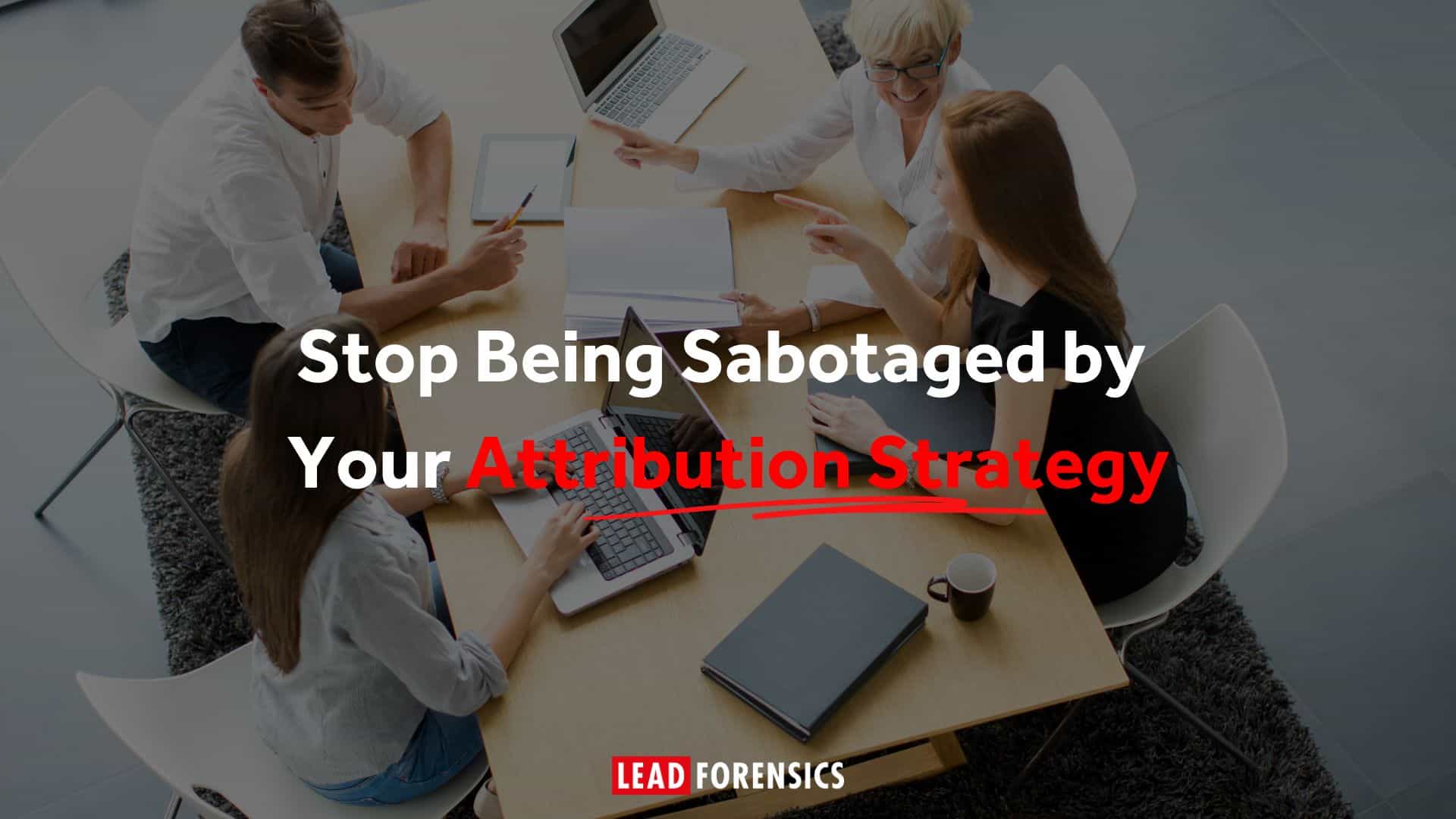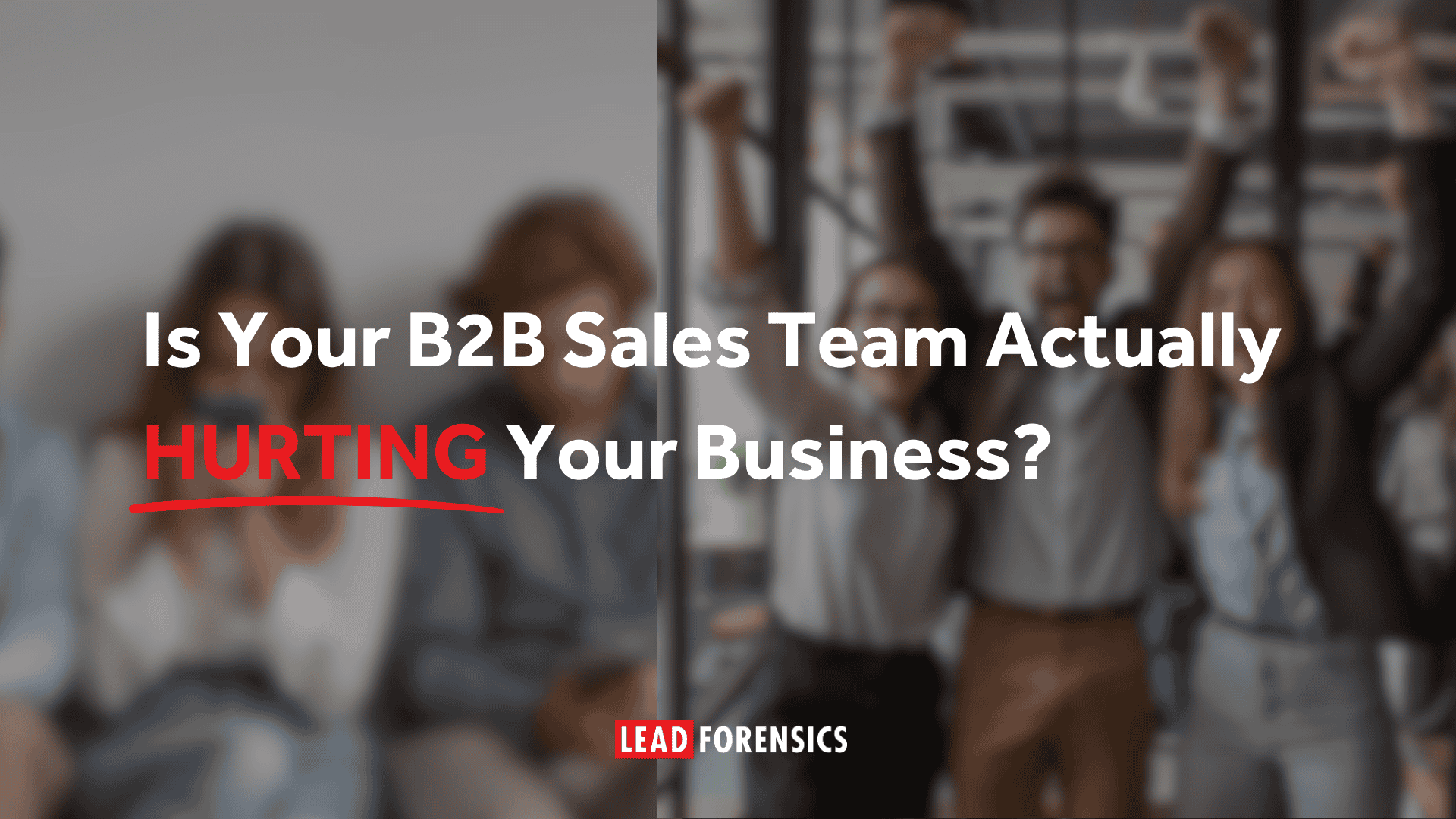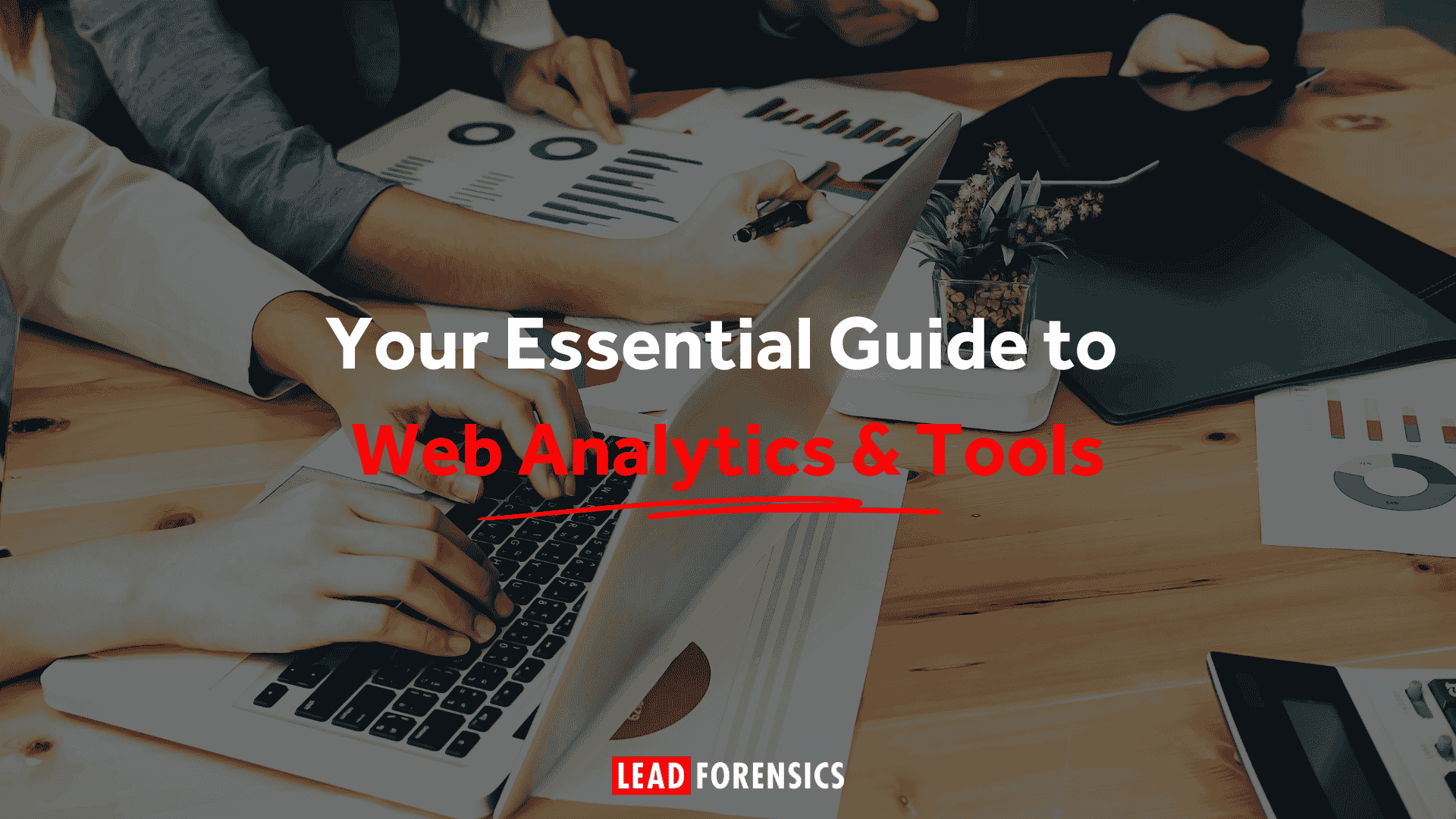Understanding B2B Lead Generation
Before delving into the strategies, let’s first understand the concept of B2B lead generation. Simply put, it is the process of identifying and attracting potential customers for your business who are interested in your products or services.
The ultimate goal is to convert these leads into paying customers, thereby increasing your revenue and profitability.
In the world of B2B lead generation, there are various tactics and techniques that can be employed to achieve success. From content marketing and email campaigns to social media advertising and networking events, businesses have a wide range of options at their disposal.
One key aspect of B2B lead generation is understanding the buyer’s journey. This refers to the process that a potential customer goes through from the moment they become aware of a problem or need, to the point where they make a purchase decision.
By mapping out this journey and aligning your lead generation efforts accordingly, you can effectively guide prospects through the sales funnel and increase your chances of conversion.
Strategy 1: Content Marketing for B2B Lead Generation
Content marketing is a powerful strategy that can attract and engage your target audience. By creating valuable and relevant content, you can position yourself as an industry expert and build trust with potential customers.
There are various types of content that you can use for B2B lead generation, such as blog posts, whitepapers, case studies, and videos. The key is to provide valuable insights and actionable information that addresses your audience’s pain points and challenges.
Types of Content for B2B Lead Generation
When it comes to content marketing for B2B lead generation, you have a multitude of options. Blog posts are a popular choice as they allow you to provide in-depth information on a specific topic and showcase your expertise.
Whitepapers, on the other hand, provide a comprehensive analysis of a particular industry trend or issue, making them suitable for attracting leads who are looking for more in-depth information.
Case studies are effective in demonstrating how your product or service has helped other businesses solve similar challenges. Lastly, videos offer an engaging way to deliver information and increase brand awareness.
Measuring the Success of Content Marketing
Measuring the success of your content marketing efforts is crucial for optimizing your lead generation strategy. Use tools like Google Analytics to track metrics such as website traffic, time on page, and conversion rates.
By analyzing this data, you can identify which types of content and topics resonate the most with your audience and make data-driven decisions to improve your lead generation efforts.
Strategy 3: SEO for B2B Lead Generation
Search Engine Optimization (SEO) plays a critical role in driving organic traffic to your website and generating leads.
By optimizing your website and content for relevant keywords and improving your website’s visibility in search engine results pages (SERPs), you can attract highly qualified leads who are actively searching for solutions in your industry.
Keyword Research for B2B SEO
Keyword research is the foundation of any successful SEO strategy. Identify the keywords and phrases that your target audience is searching for when looking for products or services similar to yours.
Tools like Google Keyword Planner and SEMrush can help you discover relevant keywords and analyze their search volume and competition.
Once you have a list of keywords, strategically incorporate them into your website content, meta descriptions, and headers to improve your website’s visibility in search results.
On-Page and Off-Page SEO Strategies
In addition to keyword optimization, on-page and off-page SEO strategies are crucial for B2B lead generation. On-page SEO involves optimizing individual web pages by improving their loading speed, user experience, and overall content quality.
Off-page SEO, on the other hand, focuses on building backlinks from reputable websites, guest blogging, and social media sharing. Both strategies work together to increase your website’s authority and visibility, leading to higher organic traffic and more qualified leads.
Once you’ve got a prospect on your website, website visitor tracking like Lead Forensics helps to convert those visitors to paying customers. Make more of your web traffic and schedule a free demo today.
Strategy 4: Email Marketing for B2B Lead Generation
Email marketing remains one of the most effective strategies for B2B lead generation. By building an email list of interested prospects, you can nurture leads, establish trust, and drive conversions. However, it’s essential to follow best practices to ensure your emails are well-received and not marked as spam.
Building an Email List
The first step in email marketing is building a quality email list. Provide valuable incentives, such as exclusive content or discounts, to encourage visitors to subscribe to your newsletter. Use opt-in forms strategically placed on your website to capture email addresses.
Segment your email list based on demographics, interests, and engagement levels to deliver personalized content that resonates with each segment.
Email Marketing Best Practices
When implementing email marketing for B2B lead generation, it’s crucial to follow best practices to maximize your success. Personalize your emails by addressing each recipient by their name and tailoring the content to their specific needs.
Use eye-catching subject lines to entice recipients to open your emails. Provide valuable content in each email, whether it’s industry insights, case studies, or special offers.
Lastly, test different elements of your emails, such as layouts, subject lines, and send times, to optimize your campaigns based on data-driven insights.
Conclusion
In conclusion, effective B2B lead generation is essential for the growth and success of your business. By incorporating the seven proven strategies discussed in this article – understanding B2B lead generation, content marketing, social media, SEO, and email marketing – you can attract high-quality leads that are more likely to convert into loyal customers.
Remember to continuously analyze and measure the results of your lead generation efforts, adapt your strategies based on data-driven insights, and stay ahead of industry trends to stay competitive in the market.
Implement these strategies strategically, and you’ll be on your way to achieving effective B2B lead generation and sustainable business growth.
And if you’re looking for even more leads, consider using a lead generation tool like Lead Forensics. It’ll show you leads that haven’t already filled out a form or engaged with you, but have been visiting your website.











Strategy 2: Social Media for B2B Lead Generation
Social media platforms provide an excellent opportunity to connect with your target audience and generate leads. However, it’s essential to choose the right platforms that align with your target market.
LinkedIn, for example, is a popular platform for B2B lead generation as it is specifically designed for professionals and businesses. On the other hand, platforms like Twitter and Facebook can also be effective if your target audience is active on these channels.
Choosing the Right Social Media Platforms
Before diving into social media lead generation, research your target audience to determine which platforms they frequent the most. By understanding their preferences and habits, you can focus your efforts on the platforms that will yield the best results.
For example, if you are targeting professionals and decision-makers, LinkedIn would be the ideal choice. On the other hand, if your target audience comprises a younger demographic, platforms like Instagram or TikTok might be more suitable.
Social Media Strategies for B2B Lead Generation
Once you have identified the right social media platforms, it’s time to develop a strategy for lead generation. Start by optimizing your social media profiles, including relevant keywords and a clear call-to-action.
Regularly share engaging and informative content that drives engagement and encourages users to visit your website or landing pages. Leverage social media advertising to target specific demographics and increase brand visibility.
Lastly, engage with your audience through comments, direct messages, and personalized interactions to build relationships and nurture leads.